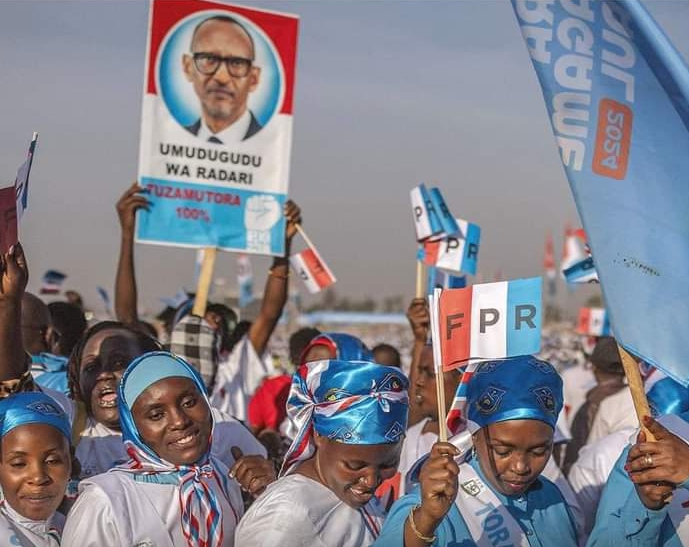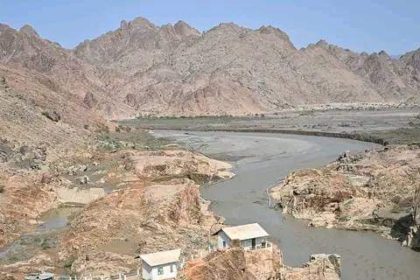By Adeyemi Adekunle
KIGALI, RWANDA — In a crucial time for Rwanda, nearly 10 million citizens are heading to the polls today to elect a president and members of parliament who will shape the nation’s future for the next five years.
The atmosphere is charged with anticipation as voters line up at polling stations across the country, with many expressing hope for stability and continued progress.
President Paul Kagame, a towering figure in Rwandan politics, is seeking to extend his 24-year rule in what many analysts predict will be another landslide victory.
Kagame, 66, has been a dominant force since he assumed the presidency in 2000, following his leadership in ending the 1994 genocide that claimed the lives of approximately 800,000 ethnic Tutsis and moderate Hutus.
His tenure has been marked by a remarkable transformation of Rwanda, from a country ravaged by conflict to one of Africa’s fastest-growing economies.
In the bustling streets of Kigali, voters voiced their support for Kagame, citing his track record of stability and economic growth. “Kagame has brought peace and development. We trust him to lead us forward,” said Jean-Pierre, a local shop owner who has lived through the country’s turbulent history.
Kagame’s previous election victories have been overwhelming, with him securing over 90% of the vote in each contest, including a staggering 99% in 2017. This year, he faces only two authorized contenders, as other potential candidates were barred by the state-run electoral commission. The opposition has criticized the electoral process, accusing the government of stifling dissent and manipulating the system to ensure Kagame’s victory.
Despite these criticisms, Kagame’s supporters argue that his leadership has been crucial in maintaining stability and fostering economic development. “Under Kagame, Rwanda has made incredible strides. We have good roads, schools, and hospitals. He deserves to continue,” said Grace, a teacher in Kigali.
The international community is watching closely, with many analysts highlighting the importance of this election for Rwanda’s future trajectory. Some observers have raised concerns about the lack of political pluralism, while others commend Kagame for his effective governance and developmental achievements.
As polling stations close and the counting begins, the nation waits with bated breath for the official results. For many Rwandans, today’s election is not just about choosing a leader, but about reaffirming their commitment to a vision of peace, prosperity, and unity.
In the heart of Kigali, the sense of history is palpable. This election, like those before it, will likely reaffirm Kagame’s position as a central figure in Rwandan politics, shaping the nation’s path for years to come.




